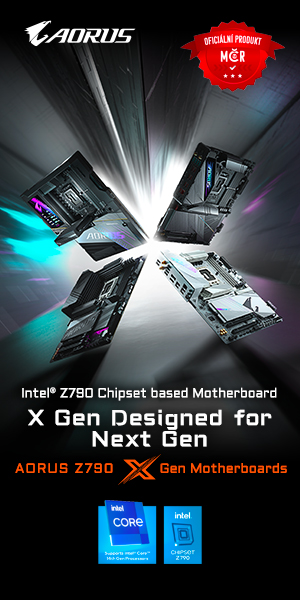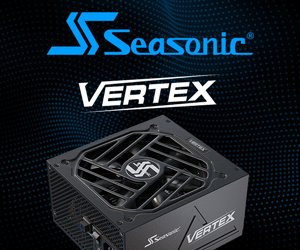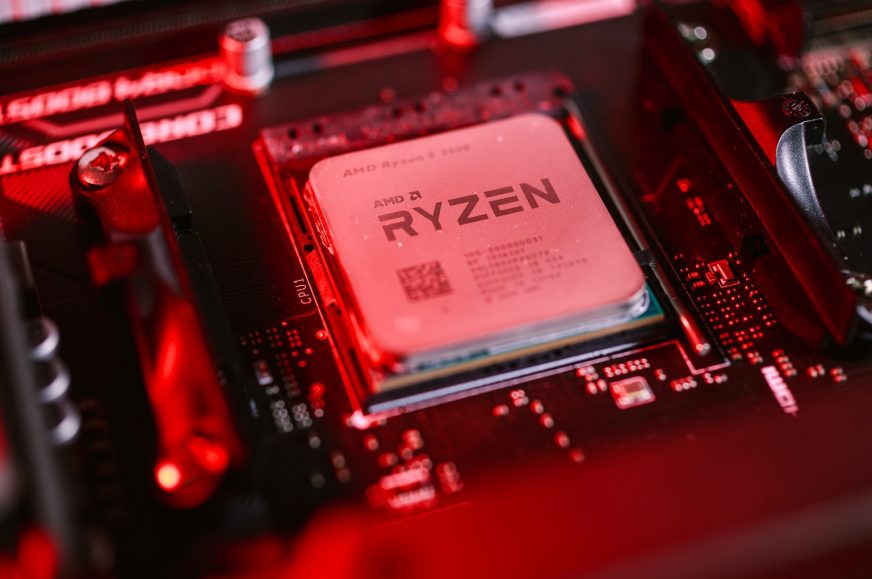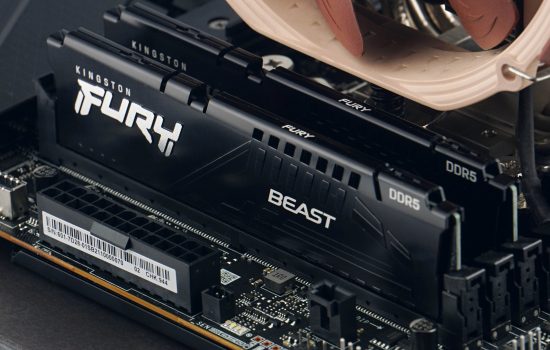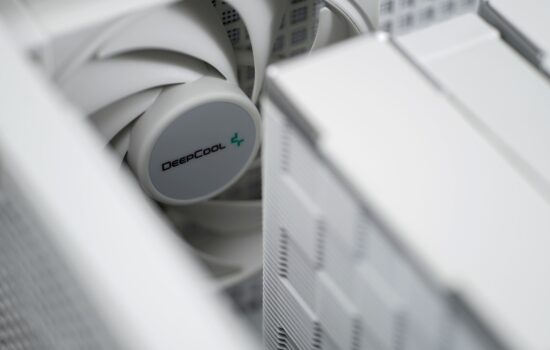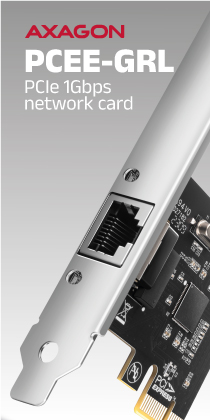Official Zen 3 CPUs and Zen 2 APUs support
This month AMD has announced they might cease blocking Ryzen 5000s from running on mainboards with X370/B350 chipsets (not the cheaper A320 though, ironically). This ban has been enforced on the AGESA code level. We possibly have some first signs of this: ASRock has just added Ryzen 5000 support to X370 motherboards, with a new AGESA. The company has previously floated alpha BIOSes supporting Zen 3, but now it is official.
This currently does not involve all mainboards (some might be added later, though). The new BIOS update is available to e.g. the ASRock X370 Pro4 mainboard. The fresh P7.10 BIOS (UEFI firmware, to be precise) version enabling new CPU support has appeared on the company’s web pages. In turn the support for 28nm Bristol Ridge APUs with the pre-Zen Excavator architecture has been removed. If you are planning on carrying out this update, be sure to follow the release notes and howtos. It seems to be necessary to flash the previous “bridge BIOS” P7.00 version first, and only update to the desired new P7.10 version after performing that.
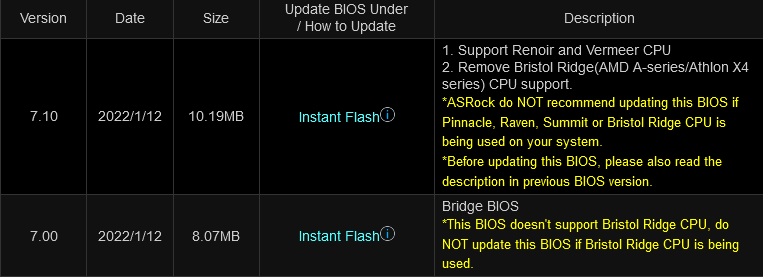
The list of supported CPUs now also contains Ryzen 5000 „Vermeer“ models (the Zen 3 chiplet CPUs), including the highest Ryzen 9 5950X version. But since the board does not have the best VRM, it might be good idea to check your VRM temperature while under multithreaded load and adjust your cooling accordingly if needed. Other supported processors include the 7nm APU „Renoir“ and the Ryzen 4000G based on Zen 2, including the Pro version.
However the support does not extend to APU Ryzen 5000G „Cezanne“. Whether this is caused by space limitations in the BIOS image or a need for an AGESA newer than what is used in the current updates, or whether it’s simply significantly more work to support Cezanne than Vermeer (and thus ASRock not doing it), is not known. We also do not know if ASRock is planning on adding this support later as well, or if they will rather stick with Vermeer and Renoir only.
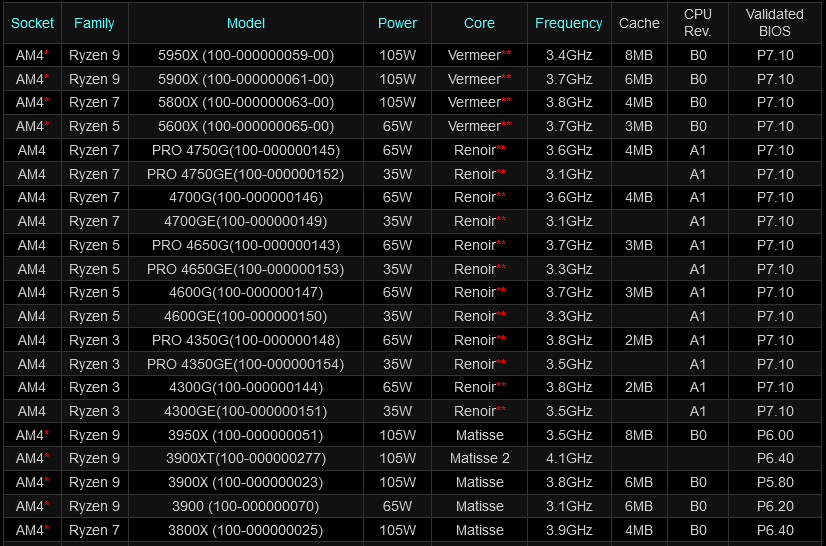
Presently we can not tell which AGESA is inside these BIOSes, but according to some rumors it is the v2 1.2.0.3c version, therefore a bit older than the v2 1.2.0.5 version featured in the last X370/B350 BIOSes by Gigabyte. However, while the Gigabyte updates still included the block that actively prevents Ryzen 5000 from starting, the ASRock mainboards should not include it anymore, as Ryzen 5000 is listed as supported. We would expect this block having been removed in one of the newer AGESA patches. But as for now we are still waiting for a user confirmation of the functionality of the previously “banned” CPUs. The appropriate binaries are currently included in the BIOS in fact, this has already been confirmed by the Ryzen SMU Checker utility.
The first one. Thanks @AMD 😉https://t.co/TcQblMFi0O pic.twitter.com/iEVS2xgKA6
— 遠坂小町 (@KOMACHI_ENSAKA) January 12, 2022
ASRock has released a series of alpha BIOSes enabling Ryzen 5000 „Vermeer“ support for the 300s series mainboards back in the end of 2020, however those updates have not been offered directly on the company’s web, being obtainable only through semi official channels (e.g. hardware sites). According to various rumors the reason for this has been AMD themselves not allowing or outright banning wider public distribution of such BIOSes.
Therefore the vendor’s current initiative did not have to start from scratch, the company has clearly been willing to work on this support much earlier. The fact that such BIOSes are now available on the company’s official website now might however indicate that AMD’s presumed stance is changing and that the past ban will no longer be enforced. Or that’s what we hope for, at least…
In any case, should this act by ASRock really mean that AMD has removed the mentioned ban preventing Ryzen 5000 operation on B350 and X370 chipset motherboards (it was already dismantled for A320 boards, which really called its justification into question), we might hope for the same support coming from other vendors as well. Gigabyte, for example, might add it on the mainboards that have recently received the AGESA v2 1.2.0.5 update BIOSes, currently unofficial rumors indicate that MSI might be preparing something as well. Even Asus could jump on the train at that point, even though it has been less active (when compared with ASRock, Gigabyte and MSI) on this front. Nevertheless it has released BIOSes for A320 mainboards, which shows that the company might be on board for this development.
English translation and edit by Karol Démuth, original text by Jan Olšan, editor for Cnews.cz
⠀



